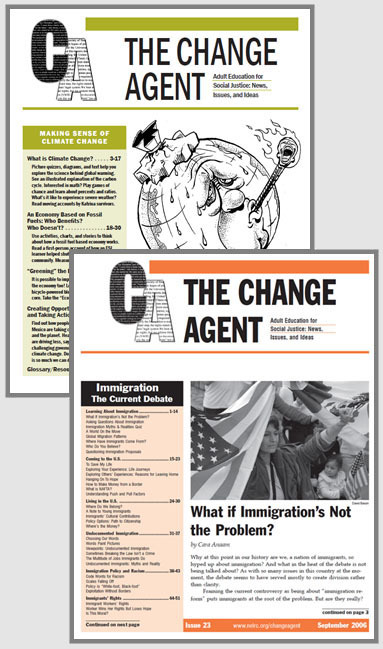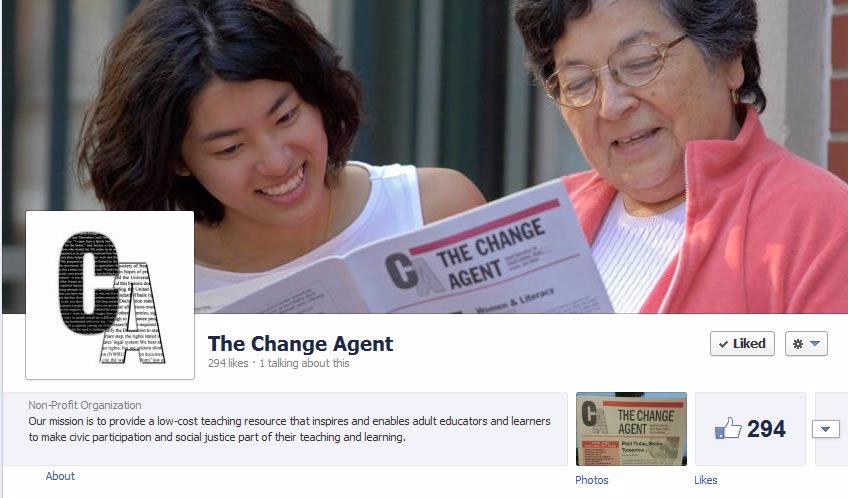The legislation will take effect
only if the state budget — now the subject of negotiations — includes
the $600,000 McDonnell proposed to get the program started.
Louisiana’s
statewide Recovery School District served as the model for McDonnell’s
proposal to create an Opportunity Education Institution to take control
of failing schools. The Virginia legislation establishes an 11-member
board to try to turn around schools that repeatedly fail to meet
accreditation standards.
Six schools currently meet the criteria for state takeover, but none will be transferred until after the 2013-2014 school year.
Proponents
of the legislation said those few schools have been allowed to fail for
too long, shortchanging students who are entitled to a quality
education.
“With today’s vote in the
House, Virginia sends a message that the status quo is not acceptable in
chronically failing schools,” McDonnell said in a statement. “We have
laid out a clear path to turn around those schools and provide the
students who attend them with the world-class educational opportunities
they deserve.”
Del. Kaye Kory, D-Fairfax, complained that parents and other residents would be excluded from efforts to improve the schools.
“This bill is an outrageous intrusion into local governance,” she said.
“Six schools being taken over with this process is six too many.”
Organizations representing Virginia teachers, school board and administrators opposed the bill.
Del.
Greg Habeeb, R-Salem, said student performance has improved in
Louisiana’s Recovery School District. Several legislators visited that
state last year for a firsthand look at the program, which Louisiana
Gov. Bobby Jindal touted at a news conference with McDonnell earlier
this month. Jindal said 77 percent of students in New Orleans were
attending failing schools in 2005. That’s been reduced to 29 percent, he
said.
However, New Orleans schools run
by the Recovery School District still have a D grade on average while
those outside of New Orleans received an F in the latest round of grades
released in October. Sixty-eight of the 80 schools overseen by
Louisiana’s statewide system are in New Orleans.
The
Senate, meanwhile, voted 32-7 to pass a competing plan to deal with
failing schools without a state takeover. The bill, sponsored by
Democratic Sen. Kenneth Alexander of Norfolk, would require intensified
efforts by state and local school officials to turn around failing
schools.
“This gets at the same problem without turning the school system upside down,” said Sen. Richard Saslaw, D-Fairfax.
Republican opponents of the bill argued that it wouldn’t do much that can’t already be done.
Alexander’s bill also hinges on funding and faces an uncertain fate in the heavily GOP House.
Copyright
2013 The Associated Press. All rights reserved. This material may not
be published, broadcast, rewritten or redistributed.





